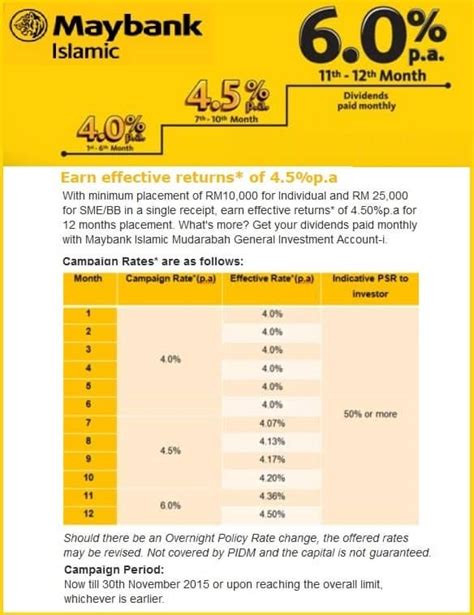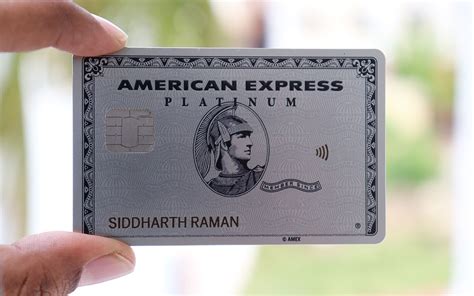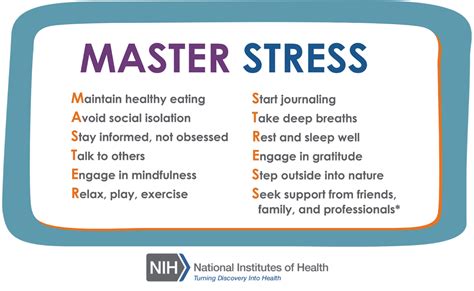Magnesium and Zinc: The Dynamic Duo
Magnesium and zinc are two essential minerals that play a crucial role in various bodily functions. Magnesium supports muscle and nerve function, while zinc contributes to immune health and metabolism. Consuming adequate amounts of these minerals is vital for overall well-being.

7 Magnesium-Rich Foods
1. Almonds (270 mg/100g)
- Almonds are a nutrient-packed snack rich in magnesium and heart-healthy fats. A handful of almonds provides a significant boost of magnesium.
2. Avocados (29 mg/100g)
- Avocados are a versatile fruit packed with magnesium, potassium, and fiber. They are a perfect addition to salads, sandwiches, or as a spread on toast.
3. Spinach (78 mg/100g)
- Spinach is a leafy green vegetable that is an excellent source of magnesium and other essential vitamins and minerals. It can be enjoyed raw in salads or cooked in various dishes.
4. Dark Chocolate (176 mg/100g)
- Dark chocolate contains a surprising amount of magnesium, along with antioxidants and mood-boosting compounds. Choose chocolate with a cocoa content of at least 70% for maximum benefits.
5. Black Beans (120 mg/100g)
- Black beans are a high-fiber legume rich in magnesium and iron. They are a versatile ingredient in soups, salads, and burritos.
6. Quinoa (118 mg/100g)
- Quinoa is a gluten-free grain packed with magnesium, protein, and fiber. It is a nutritious alternative to rice or pasta.
7. Pumpkin Seeds (592 mg/100g)
- Pumpkin seeds are a nutrient-dense snack that is exceptionally high in magnesium. They can be enjoyed on their own or sprinkled on salads or yogurt.
7 Zinc-Rich Foods
1. Oysters (48 mg/100g)
- Oysters are the ultimate zinc superstar, containing an impressive amount of this mineral. They can be enjoyed raw, steamed, or grilled.
2. Red Meat (5 mg/100g)
- Red meat, such as beef and lamb, is a good source of zinc, along with protein and iron. Choose lean cuts to minimize saturated fat intake.
3. Cashews (5.5 mg/100g)
- Cashews are a creamy and delicious nut that provides a significant amount of zinc. They are a great addition to trail mix, salads, or desserts.
4. Chickpeas (4 mg/100g)
- Chickpeas are a versatile legume that is a good source of zinc and fiber. They can be used in salads, hummus, or soups.
5. Shrimp (3 mg/100g)
- Shrimp is a lean source of protein that is also a good source of zinc. It can be grilled, steamed, or fried and enjoyed in various dishes.
6. Pumpkin Seeds (7 mg/100g)
- Pumpkin seeds are not only rich in magnesium but also a good source of zinc. They can be enjoyed on their own or added to salads, yogurt, or baked goods.
7. Cheese (2.4 mg/100g)
- Cheese is a dairy product that provides a moderate amount of zinc, along with protein and calcium. It can be enjoyed in various forms, such as cheddar, mozzarella, or Parmesan.
Benefits of Magnesium and Zinc
Consuming adequate amounts of magnesium and zinc offers numerous health benefits, including:
-
Magnesium:
- Supports muscle and nerve function
- Regulates blood sugar levels
- May reduce the risk of heart disease and stroke
- Promotes relaxation and sleep
-
Zinc:
- Boosts immune function
- Promotes cell growth and repair
- Supports healthy vision
- May reduce the risk of age-related macular degeneration
Recommended Daily Intake
According to the National Institutes of Health (NIH):
- Adult males (19+ years): 400-420 mg of magnesium, 11 mg of zinc
- Adult females (19+ years): 310-320 mg of magnesium, 8 mg of zinc
Strategies for Boosting Intake
Incorporating magnesium- and zinc-rich foods into your daily diet is crucial for maintaining optimal levels of these essential minerals. Here are some effective strategies:
- Choose whole, unprocessed foods: Unprocessed foods, such as fruits, vegetables, whole grains, and legumes, are generally rich in magnesium and zinc.
- Add magnesium- and zinc-fortified foods: Some foods, such as cereals and juices, are fortified with magnesium and zinc, providing an easy way to boost your intake.
- Consider supplementation: If your diet is not providing adequate amounts of magnesium and zinc, supplementation may be necessary. Consult with a healthcare professional before using supplements.
Conclusion
Magnesium and zinc are essential minerals that play a vital role in various bodily functions. Incorporating foods rich in these minerals into your daily diet is crucial for maintaining optimal health. By following the strategies outlined in this article, you can ensure you are meeting your recommended intake of magnesium and zinc and reaping the numerous benefits they offer.















